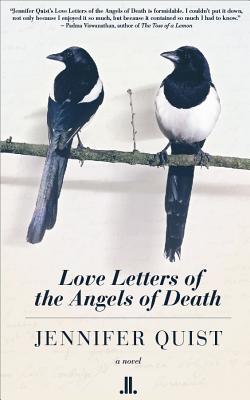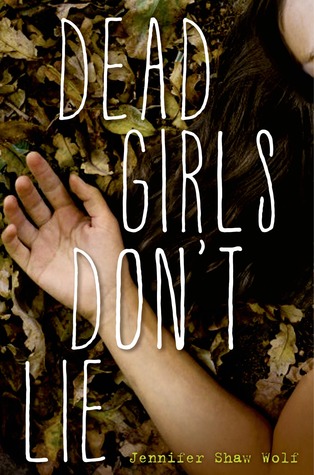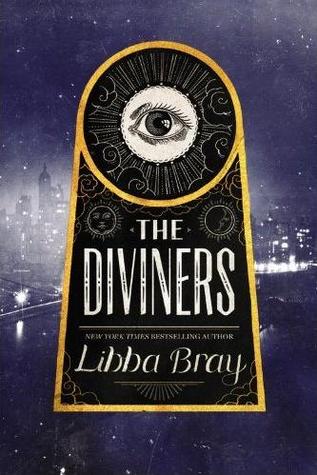This book has been on my to-read list for some time, not least because I was impressed by the way the author debuted this book during an extremely trying personal time (his daughter was sick with a tumor and he made it clear his priority was with his family).
 The story is set in the year 2074, when students no longer simply read about history or zoology--they experience it by viewing history through a bridge, by learning zoology by assuming avatars. Abby Cragbridge and her twin Derick are two of the newest students at an elite school based around these cutting edge technologies--but unlike other students for the highly competitive school, they may have had an unfair edge. The inventor behind all this technology is their grandfather. While this doesn't bother Derick, it bothers Abby extremely, and becomes a subject of immediate confrontation between Abby and her roommate, who kicks her out of their shared room because she feels Abby unfairly occupies a place that might have gone to one of her friends.
The story is set in the year 2074, when students no longer simply read about history or zoology--they experience it by viewing history through a bridge, by learning zoology by assuming avatars. Abby Cragbridge and her twin Derick are two of the newest students at an elite school based around these cutting edge technologies--but unlike other students for the highly competitive school, they may have had an unfair edge. The inventor behind all this technology is their grandfather. While this doesn't bother Derick, it bothers Abby extremely, and becomes a subject of immediate confrontation between Abby and her roommate, who kicks her out of their shared room because she feels Abby unfairly occupies a place that might have gone to one of her friends.But dealing with mean girls isn't the worst of Abby's problems. An unscrupulous scientist has kidnapped her grandfather and her parents, and unless Abby and Derick can solve a series of clues to uncover their grandfather's secrets, their parents might meet an untimely death.
I thought this was a cute story--there's a lot to love in the setting and all the fun technical tools Abby and Derick use, and the various clues were interesting and inventive. This isn't the kind of middle grade you read for the style (as you would Gary Schmidt or ClareVanderpol), but for plot. Though there were a few elements that stretched my credulity (Abby's friend Carol seemed a bit over the top, and the whole thing about the clues seemed more like an interesting plot device than a realistic ploy), the book was fast-paced but still had heart. I think my 8 y.o. son would enjoy this a great deal.




 Whitney Awards YA Finalist
Whitney Awards YA Finalist It's that time of year again-when I attempt to read all of the Whitney finalists:
It's that time of year again-when I attempt to read all of the Whitney finalists: 
